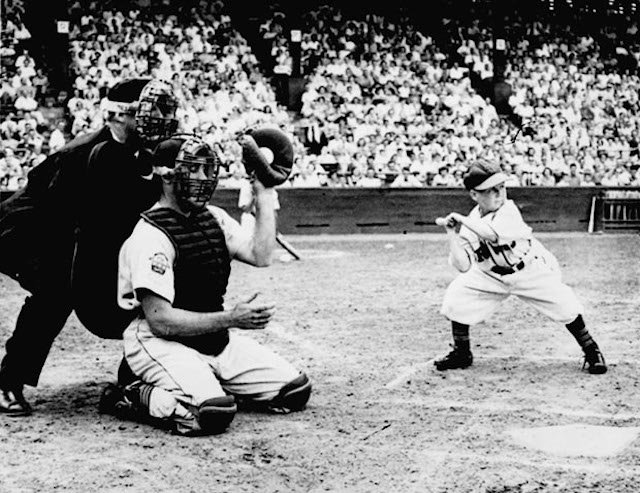Good interview with Mike Krukow this AM, where he was asked, "Do you think a team can win without good chemistry?" Mike thought for a moment and emphatically replied, "No."
He talked of all the recent Giant teams who had won the World Series, and their great chemistry. He said it only takes one player to wreck team chemistry. He said he learned this in the minor leagues, playing in Texas. The best player on his team was a pitcher who had been to a major league camp, John Schrader. He said John was a sarcastic guy and was often saying something negative. The team was not winning. One day Mike came to the ballpark, and John's locker was empty and he was gone. The manager told the team that there would be no more negative talk the rest of the season. If anyone else began to be negative, his locker would be emptied as well. The players got the message and began to win, and ended up winning the Texas league championship.
Baseball to me is more of a team sport than basketball in general has become today. However, chemistry is still really important to a basketball team's success. And it only takes that one player who is negative and does not get along with others who can wreck a team. As an example, Cal had a player, Justice Suing, who played well for Cal for two seasons, but when his coach was fired and the new coach arrived, we all saw the press conference where showed his displeasure at the message from Mark Fox with his facial expressions and body language. some have said he would have been a good player for Cal last season, but after seeing that performance at the press conference, my guess is that Sueing would not have been an enthusiastic Cal player, if he had stayed. So I wish him luck, but I don't miss him.
We all write a lot about the qualities we would like to have in our players, but we seldom write about chemistry, and that is another thing I'd like us to look for in recruits. It doesn't matter the talent, if a player can't fit in and get along well with his teammates, on the floor and away from it.
He talked of all the recent Giant teams who had won the World Series, and their great chemistry. He said it only takes one player to wreck team chemistry. He said he learned this in the minor leagues, playing in Texas. The best player on his team was a pitcher who had been to a major league camp, John Schrader. He said John was a sarcastic guy and was often saying something negative. The team was not winning. One day Mike came to the ballpark, and John's locker was empty and he was gone. The manager told the team that there would be no more negative talk the rest of the season. If anyone else began to be negative, his locker would be emptied as well. The players got the message and began to win, and ended up winning the Texas league championship.
Baseball to me is more of a team sport than basketball in general has become today. However, chemistry is still really important to a basketball team's success. And it only takes that one player who is negative and does not get along with others who can wreck a team. As an example, Cal had a player, Justice Suing, who played well for Cal for two seasons, but when his coach was fired and the new coach arrived, we all saw the press conference where showed his displeasure at the message from Mark Fox with his facial expressions and body language. some have said he would have been a good player for Cal last season, but after seeing that performance at the press conference, my guess is that Sueing would not have been an enthusiastic Cal player, if he had stayed. So I wish him luck, but I don't miss him.
We all write a lot about the qualities we would like to have in our players, but we seldom write about chemistry, and that is another thing I'd like us to look for in recruits. It doesn't matter the talent, if a player can't fit in and get along well with his teammates, on the floor and away from it.

